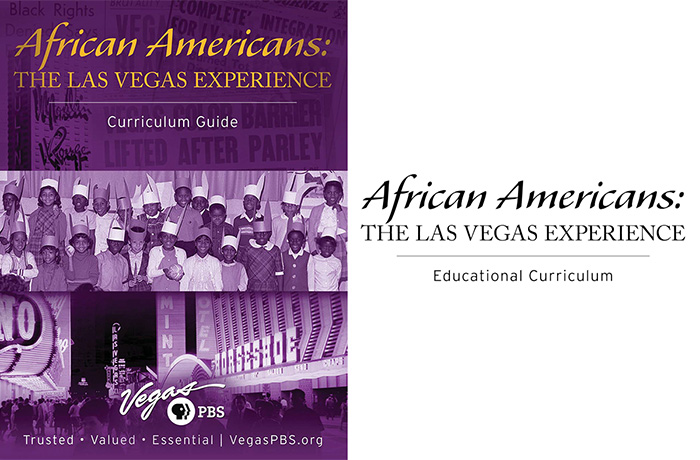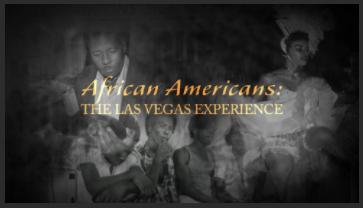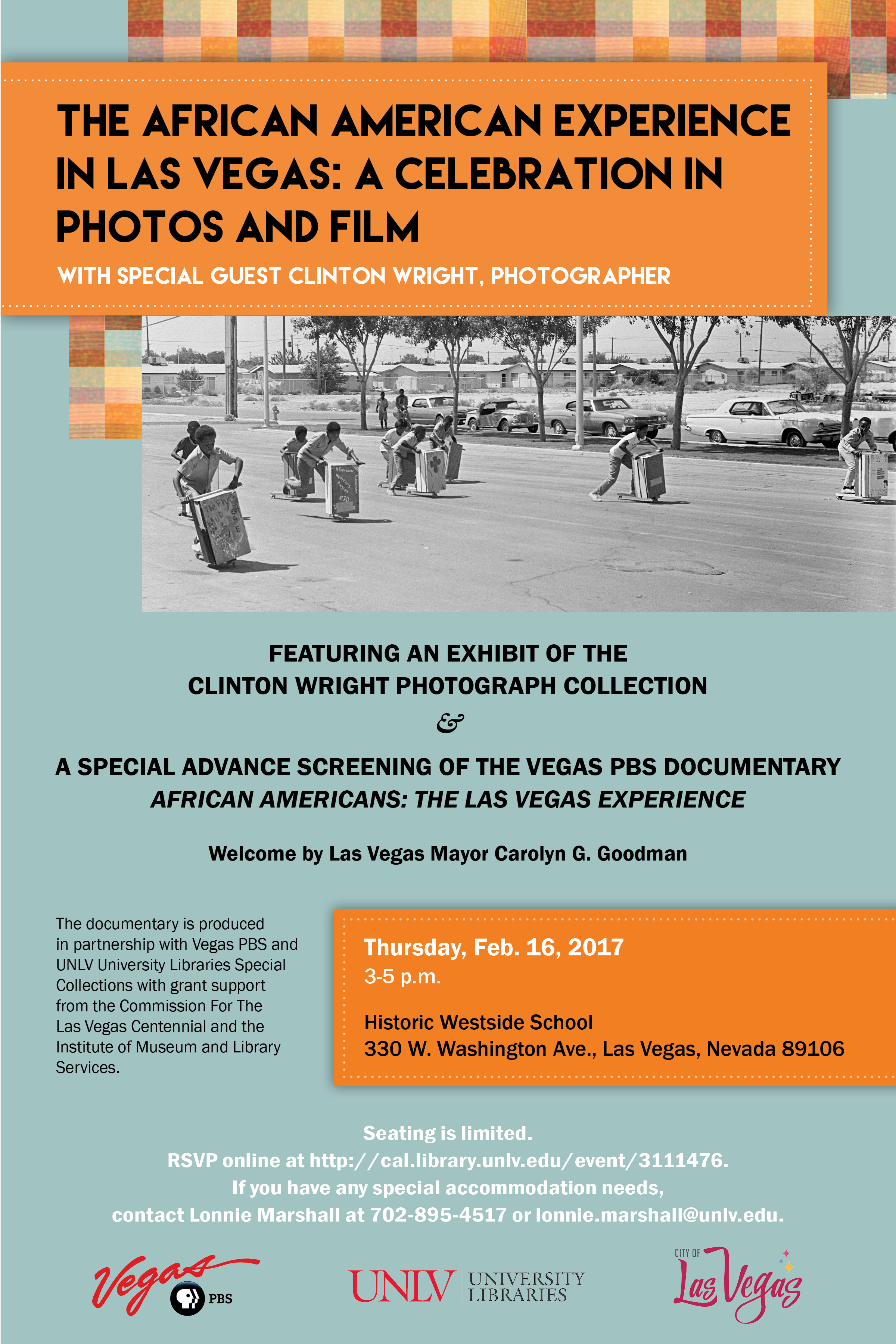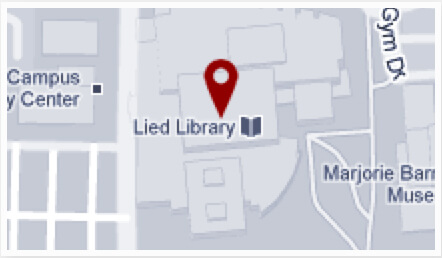Welcome
The Community Partners of the African American Collaborative joined together because each believes in the importance of collecting, preserving and making accessible the history of African Americans in Las Vegas. Users who enter this website will discover a single portal that connects stories and historical evidence of the African American experience.
Our goal is to fully preserve the heritage of the Las Vegas black community—its businesses, schools, churches, social and political organizations, publications, and entertainment. We will continue to locate, link, and curate this vibrant African American history—and make it easily accessible to everyone.
Welcome. Enjoy the exploration and discovery. We wish to continue to improve and enhance this site for all users.
















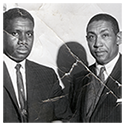 A consent decree is as an order issued by a court that expresses a voluntary agreement by the participants in a lawsuit. In 1971, a consent decree alleged a series of violations of Title VII of the Civil Rights Act of 1964. The Las Vegas gaming industry was continuing to discriminate against black workers.
A consent decree is as an order issued by a court that expresses a voluntary agreement by the participants in a lawsuit. In 1971, a consent decree alleged a series of violations of Title VII of the Civil Rights Act of 1964. The Las Vegas gaming industry was continuing to discriminate against black workers.








